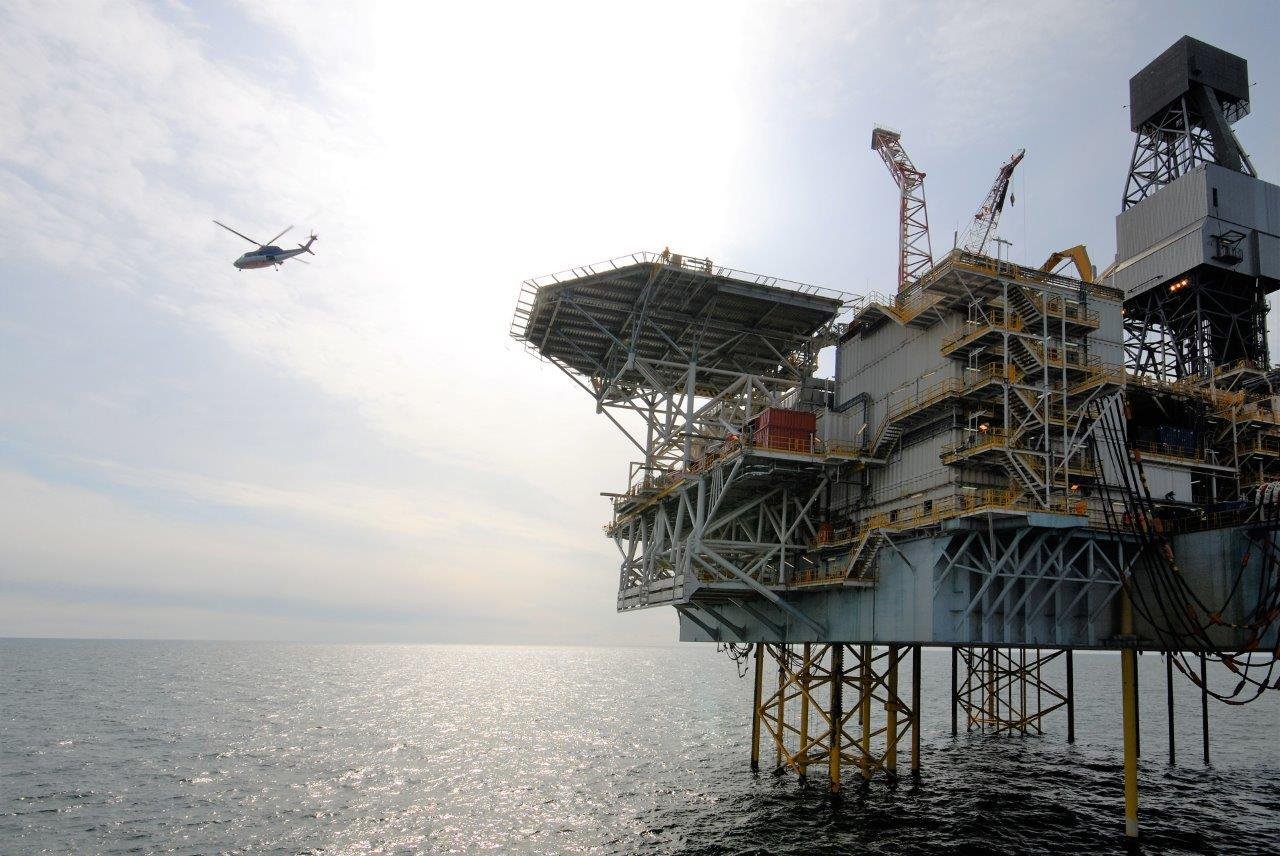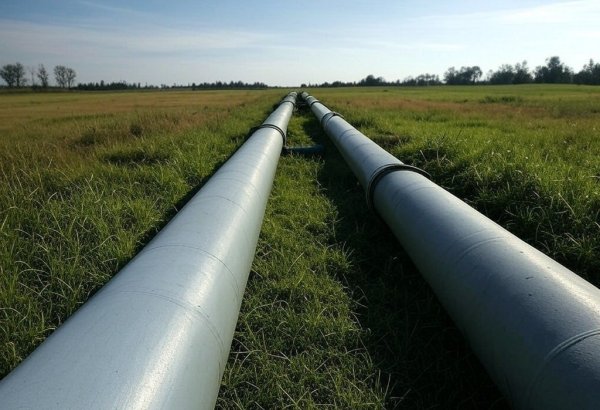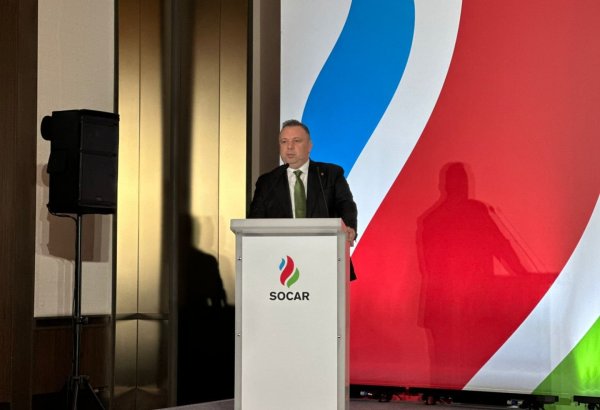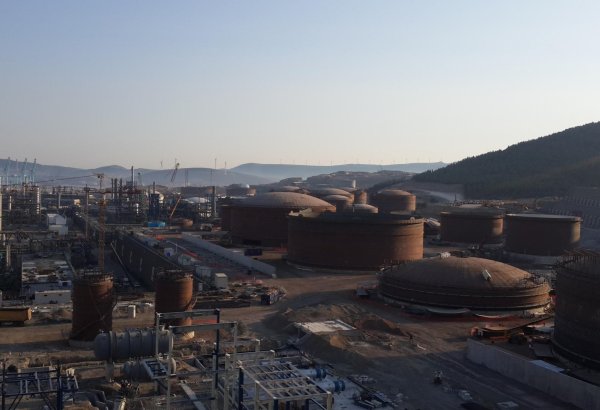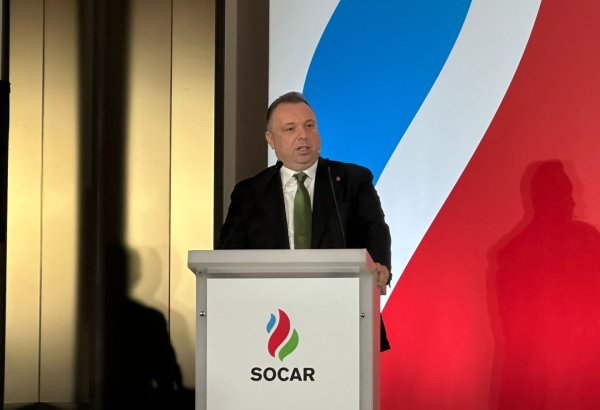The project for development of Azerbaijan’s Shah Deniz gas and condensate field is promising from a commercial point of view, Ibrahim Ahmadov, deputy head of the public relations and events department at Azerbaijan’s state oil company SOCAR said, TurkicWorld reports.
The SOCAR representative said that the demand for natural gas in the world will continue to grow for decades.
“Natural gas is a cleaner solution than coal in energy transition. The growth in gas demand and gas prices in Europe, our main target market, has once again proved the correctness of the investment decision made in 2013 on the second stage of development of the Shah Deniz field and the Southern Gas Corridor. Over time, revenues from natural gas exports will play an increasingly significant role in comparison with revenues from oil exports in the SOCAR budget, as well as in the country's revenues,” he added.
SOCAR is to increase its participation in Shah Deniz and South Caucasus Pipeline projects, Trend reports with reference to the company.
Following Petronas’s decision to sell its stakes in the production sharing agreement for the exploration and development of the Shah Deniz field in the Azerbaijani sector of the Caspian Sea, SOCAR acquired 4.35 percent of stakes from Petronas in accordance with the terms of the agreement between Shah Deniz project partners. LUKOIL and bp, both partners at Shah Deniz consortium, acquired the other part of Petronas’s 15.5 percent stakes in the project. Ultimately, SOCAR's direct participation in the project is growing to 14.35 percent.
The respective agreement is expected to enter into force in January 2022. Apart from this, the Ministry of Economy of Azerbaijan and SOCAR hold 51 percent and 49 percent shares in Southern Gas Corridor Closed Joint-Stock Company, which in turn has a 6.67 percent stake in Shah Deniz project.
Along with the shift in stakes of companies in the Shah Deniz project, equivalent changes took place in the distribution of stakes between companies in the South Caucasus Pipeline, one of the segments of the Southern Gas Corridor.








